Why you may not actually own your Bitcoin
Legal experts believe courts in England and Wales are unlikely to identify digital tokens as property

A free daily email with the biggest news stories of the day – and the best features from TheWeek.com
You are now subscribed
Your newsletter sign-up was successful
The price of Bitcoin has dropped by 75% in the past year, so anyone who invested heavily at the peak will have lost a lot of money. And now there’s more bad news for crypto-currency investors to worry about: they may not legally own the digital assets they have purchased.
My colleagues and I have recently completed research showing that courts in England and Wales are unlikely to identify digital tokens as property, since the law does not recognise possession of intangible items. This means that crypto-currency holdings may not qualify as property at all. As a result, although digital tokens are technically secured through blockchain technology, the level of legal protection is unclear. And the same likely applies in other common law jurisdictions such as the United States, Hong Kong, Singapore, and most of India.
Defining property
The Week
Escape your echo chamber. Get the facts behind the news, plus analysis from multiple perspectives.

Sign up for The Week's Free Newsletters
From our morning news briefing to a weekly Good News Newsletter, get the best of The Week delivered directly to your inbox.
From our morning news briefing to a weekly Good News Newsletter, get the best of The Week delivered directly to your inbox.
Property law deals with the rights you have over the things you own. Common law systems distinguish between land, called “real property”, and all other property, called “personal property”.
Personal property includes rights over two categories of things. First, there are “things in possession”. These are tangible items which you can physically possess and transfer to another. The £20 note in your pocket is a thing in possession.
Second, there are “things in action”, a mixed category of rights that can only be claimed or enforced by legal action. This includes debts, rights under contract, and intellectual property. The £20 you have deposited at a bank is a thing in action, because the bank owes you a debt of £20. That debt is intangible, but, if necessary, could be enforced through legal action.
So what about digital tokens such as crypto-currencies? Tokens don’t physically exist. They are entries on a virtual ledger. And case law in England and Wales has established that a thing which exists only in electronic form cannot be the subject of possession. So digital tokens aren’t things in possession.
A free daily email with the biggest news stories of the day – and the best features from TheWeek.com
But they don’t really resemble things in action either. A Bitcoin doesn’t give you a right to anything or against anyone. What you have is a cryptographic private key (a sort of secret number password) that gives you exclusive control over that Bitcoin. This allows you to submit transactions to the ledger and send your Bitcoin to anyone you like.
Other types of tokens do give you a right against the token issuer. For instance, utility tokens give you a right to a product or service from a company. Such tokens effectively represent a debt or right under contract and will probably be considered things in action. However, not all tokens give purchasers a right against the issuer. The terms of one recent token sale by start-up firm Block.one – which raised US$4 billion – specified that the tokens have no rights, uses, or attributes.
Legal uncertainty
This lack of legal protection may suit crypto-currencies’ “cypherpunk” origins. Individuals trading secure tokens online in private don’t need protection from “weary giants of flesh and steel” (industrial governments). But when mainstream consumers buy digital tokens, disputes are bound to arise.
For example, if digital tokens are property, they will form part of your estate when you die and your heirs will inherit them. But whoever has the private key technically controls the tokens, creating a potential conflict. The issue has arisen before a court in Florida. The estate of the deceased Dave Kleiman is suing Craig Wright, who allegedly seized up to 1m bitcoin, worth billions of dollars. The estate is suing for return of the tokens under what is known as the tort of conversion, which in England and Wales applies only to things in possession.
Some commentators have questioned whether Wright – a colourful character who once claimed to have invented Bitcoin – ever had the tokens to begin with. But the case shows how the outcome of disputes can depend on the property status of digital tokens. Similar issues could arise in cases of theft, bankruptcy, and divorce.
Few investors will have given much thought to the legal status of their crypto-currency. But in the long term a lack of legal protection could further diminish the tokens’ value, particularly if it stops financial concepts such as trusts or securities being applied. Admittedly, the value of digital tokens so far has anyway been volatile and unpredictable. But the resulting legal disputes may force property lawyers to confront a new, virtual world of digital assets.
In future, the law could extend property rights to digital tokens, for instance by recognising a new category of virtual-thing-in-possession – but this would probably require new legislation. For now, the property status of digital tokens remains an “area of doubt”, as one of the UK’s Supreme Court justices recently put it. So caveat emptor: bitcoin buyer, beware.
Dave Michels, Research associate, Queen Mary University of London
This article is republished from The Conversation under a Creative Commons license. Read the original article.
-
 What to know before filing your own taxes for the first time
What to know before filing your own taxes for the first timethe explainer Tackle this financial milestone with confidence
-
 The biggest box office flops of the 21st century
The biggest box office flops of the 21st centuryin depth Unnecessary remakes and turgid, expensive CGI-fests highlight this list of these most notorious box-office losers
-
 What are the best investments for beginners?
What are the best investments for beginners?The Explainer Stocks and ETFs and bonds, oh my
-
 What new cryptocurrency regulations mean for investors
What new cryptocurrency regulations mean for investorsThe Explainer The Treasury and the Financial Conduct Authority aim to make the UK a more attractive and safer place for crypto assets
-
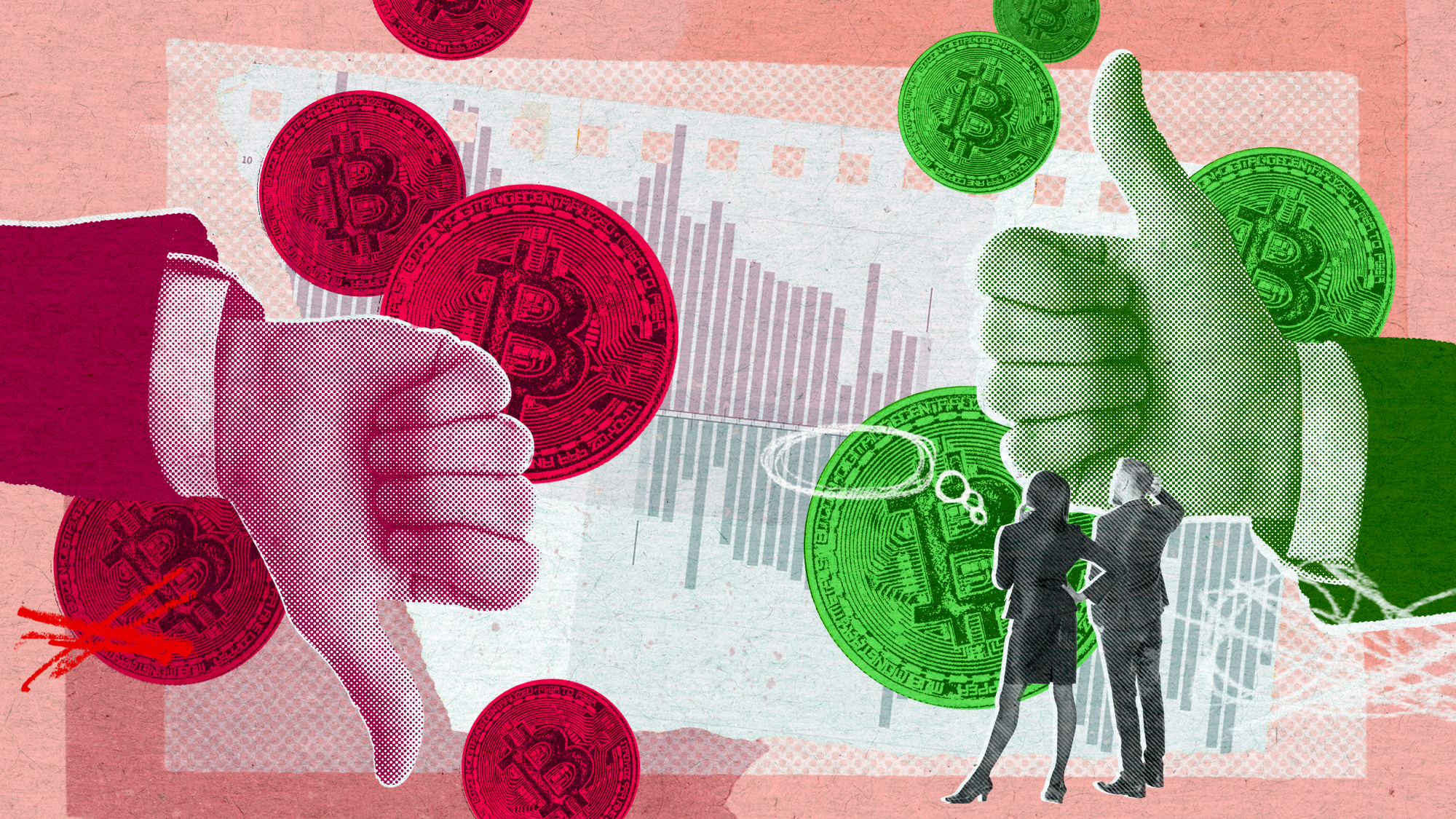 The pros and cons of investing in crypto
The pros and cons of investing in cryptoThe Explainer A passing fad or an enduring investment opportunity?
-
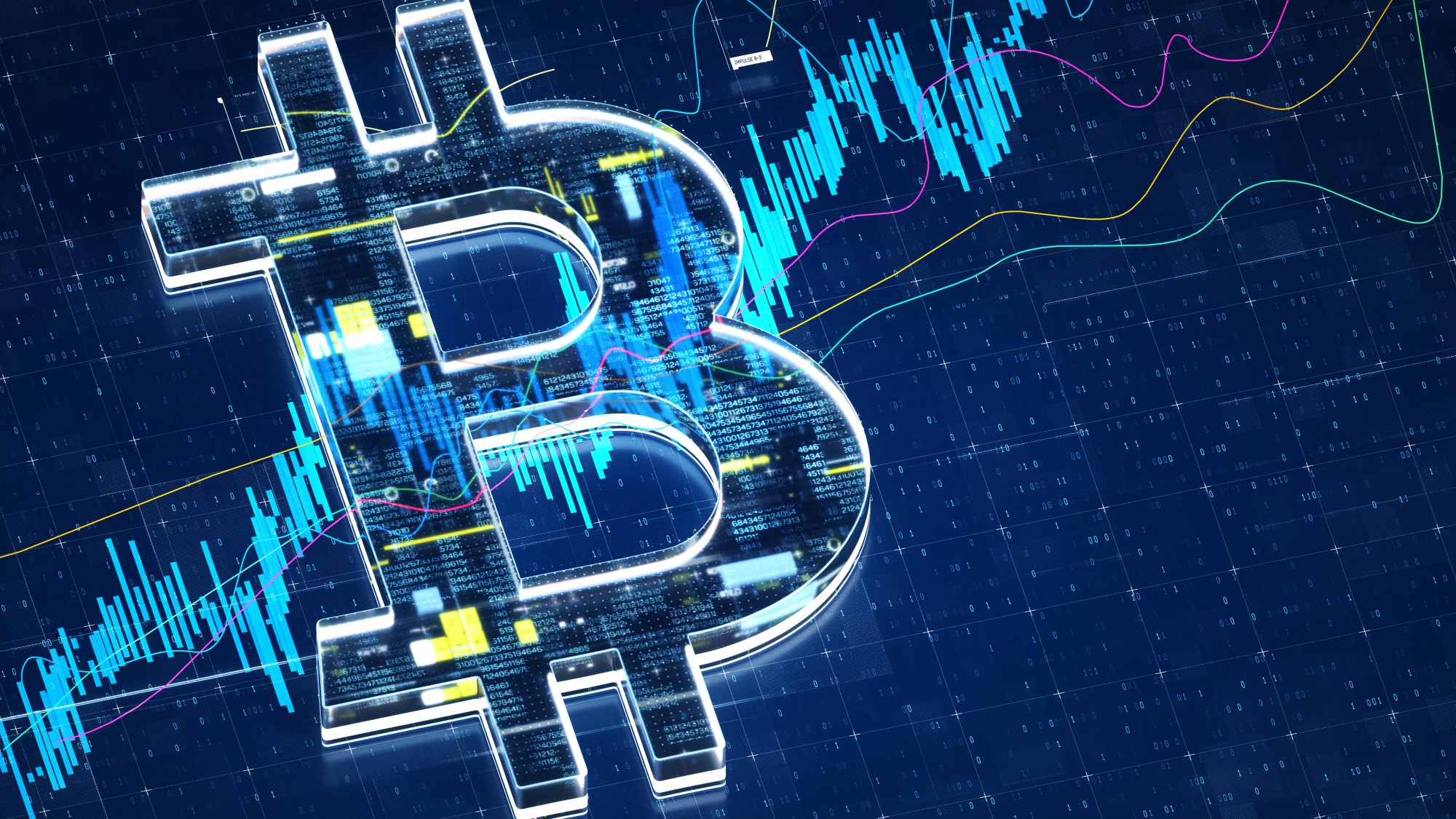 US regulators approve Bitcoin ETFs – what it means for UK crypto fans
US regulators approve Bitcoin ETFs – what it means for UK crypto fansThe Explainer US crypto fans can now invest in Bitcoin exchange traded funds but UK investors are likely to remain blocked
-
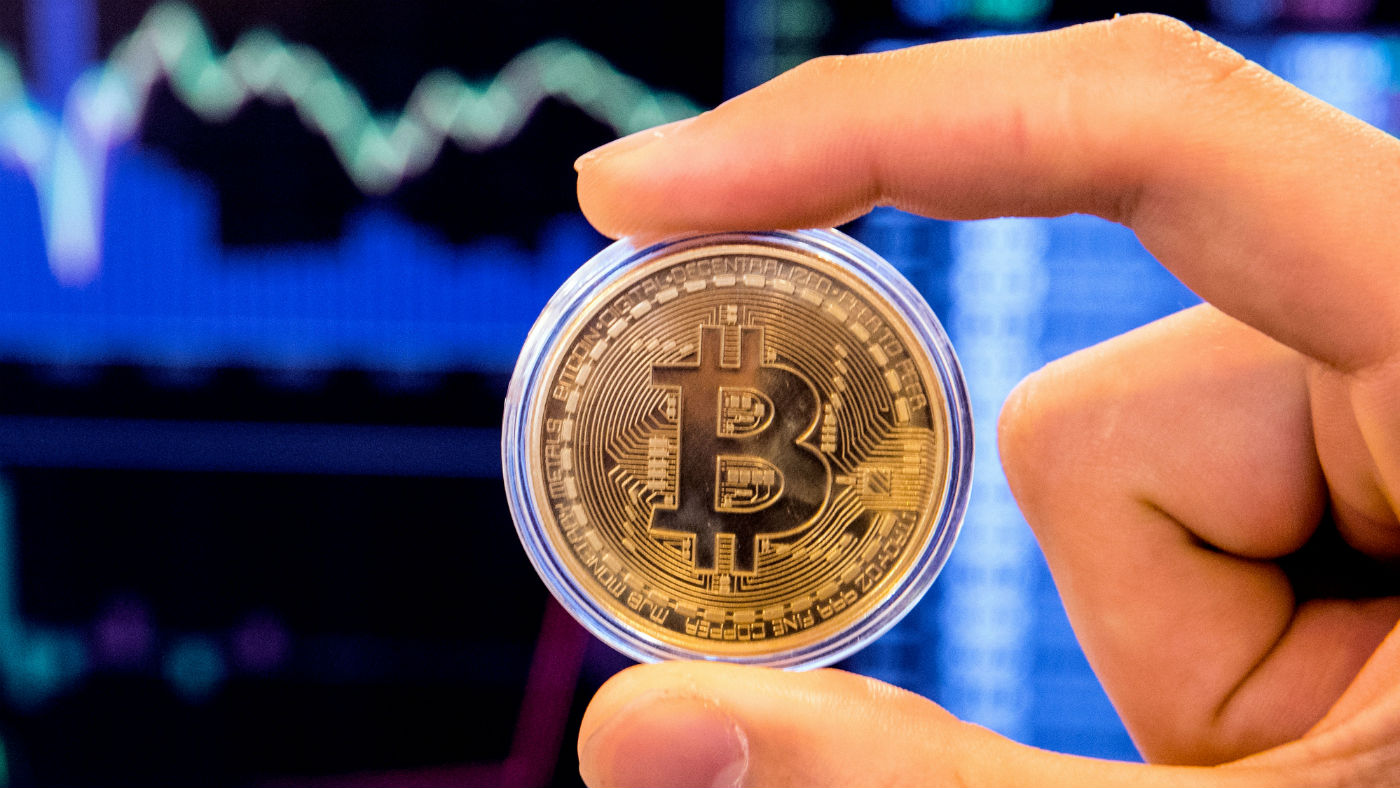 China clears path to new digital currency
China clears path to new digital currencySpeed Read Unlike other cryptocurrencies, Beijing’s would increase central control of the financial system
-
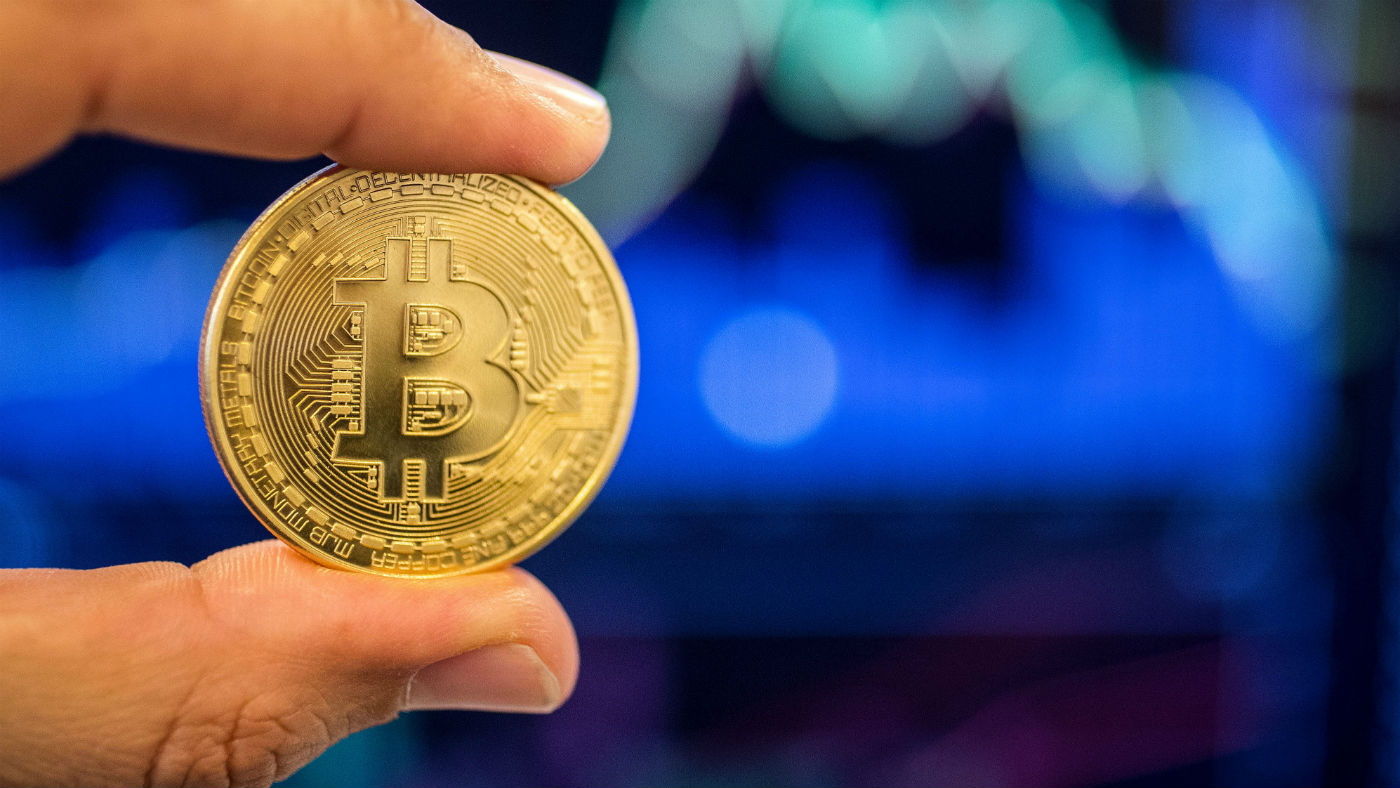 Cryptocurrencies tumble after trading desk plan shelved
Cryptocurrencies tumble after trading desk plan shelvedSpeed Read Bitcoin drops 10% in 24 hours amid reports Goldman Sachs has gone cold
-
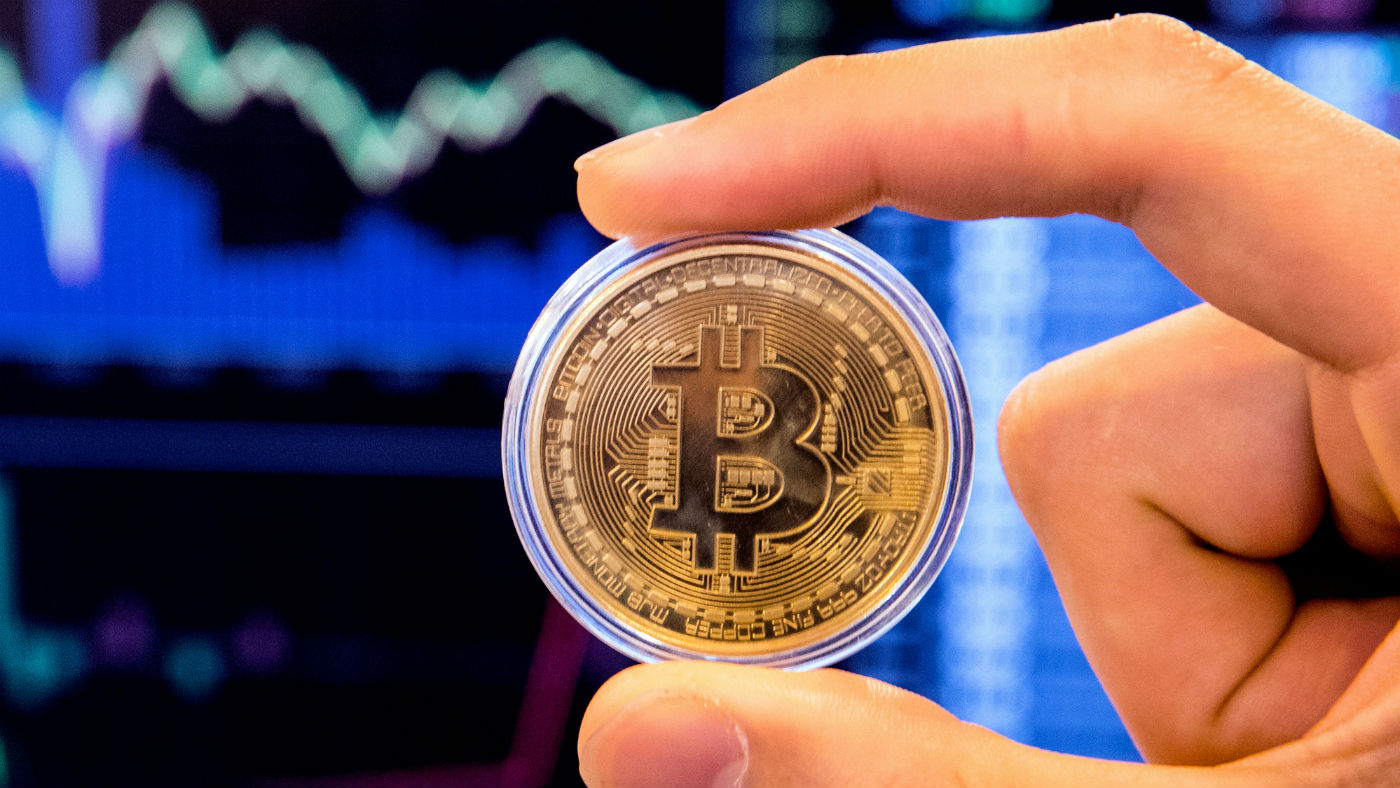 Why does South Korea matter so much to Bitcoin?
Why does South Korea matter so much to Bitcoin?Speed Read Authorities announce plans to crackdown on cryptocurrency trading
-
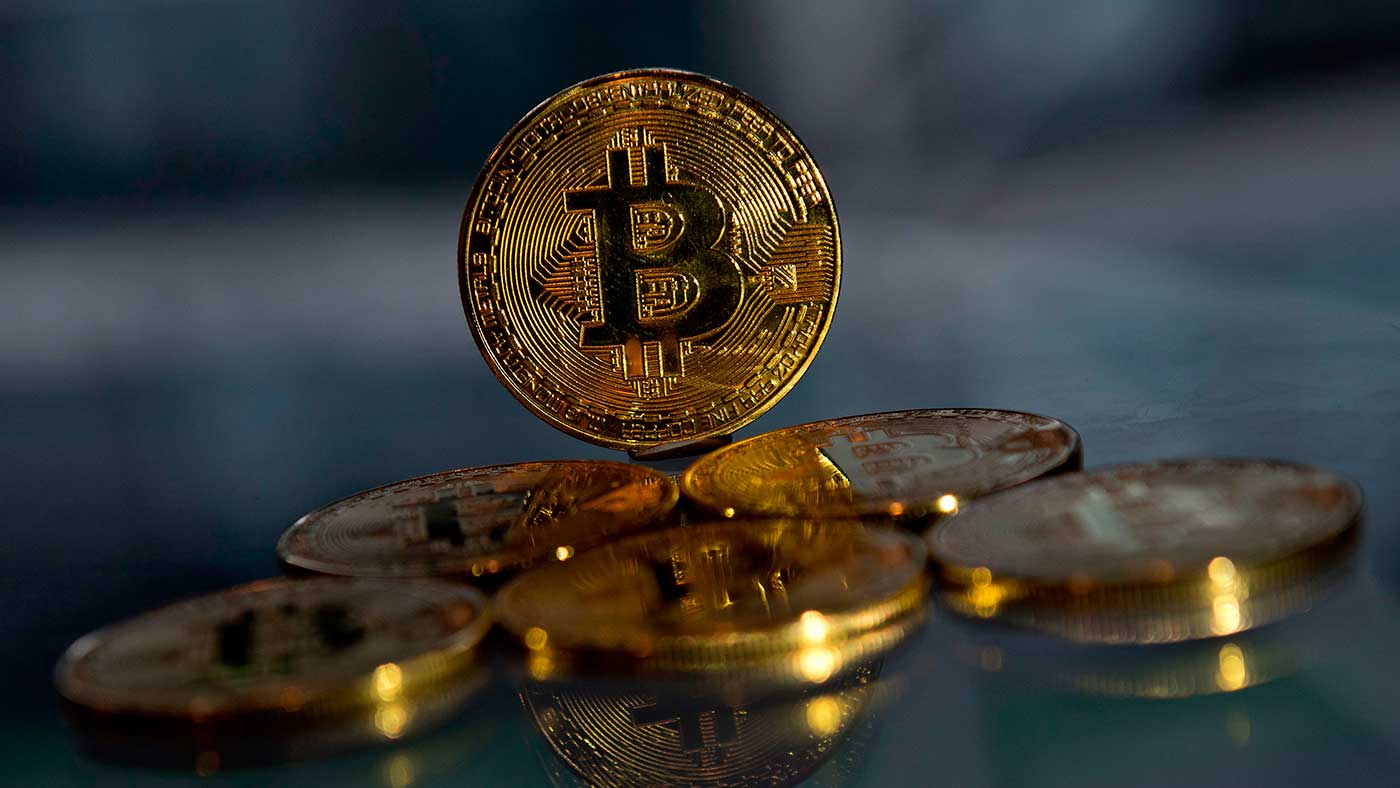 Bitcoin breaks through $10,000 mark
Bitcoin breaks through $10,000 markSpeed Read Experts warn of a potential cryptocurrency bubble